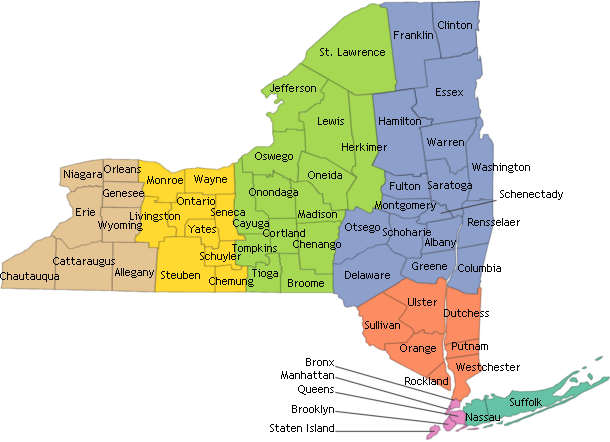This past week has been the most busy so far. Monday I was in the Cornell Cooperative Extension office in Washington County, and I found out that they were given a grant to work at the local prison creating a garden with the inmates. I was able to help plant the garden with seeds and various plants like basil, tomatoes, onions, rosemary, cucumbers, and even flowers with four of the inmates. It was hard to believe that they do not get to go outside. The people who were participating in the garden program were all very kind, and one man took leadership in the group, telling us how the layout of the garden should be and the best ways to plant things. It is a great opportunity for the inmates to learn about growing their own food and supplement their kitchen.
Then on Tuesday I met up with another CCE intern and a CCE employee to go to a Farm Auction. The plants and produce and hay being auctioned off looked great. There were a lot of Amish farmers there. The horses they use all seemed so strong and beautiful. It was neat to see how the auction worked, and just incredible how fast the auctioneer talked! I had to remember not to raise my hand accidentally, or else I would be bidding on something! It must be hard to be there and see your product up on the table and have your profit, break-even or loss, be decided upon by others.
Later that day we visited a beautiful garlic farm that used to be a dairy farm. They now used one of the barns for drying the garlic out, and the farmer was looking into putting together a ventilation system for the garlic with fans. It was cool to learn about garlic raising and be a part of the process of figuring out the ventilation system. We even got a taste of some of the most potent garlic scapes I have ever tried!
That day we had lunch in a beautiful park and it was great to be outside and enjoy the sunshine.
The rest of the week was just as exciting. Wednesday I spent most of the day finalizing mailing list, the survey and cover letter. It was quite a process going through the final population list that has been randomly selected and making sure I had all the right names, addresses, zip codes, numbers, etc. for all of them. On Thursday everything was printed and I got to see how everything worked in the office. There is a great machine that folds the paper to go into the letters, an automatic stapler, and even this goo to help you turn pages instead of licking your fingers! It was awesome! But we also soon found out that the mailman was leaving at 3:00, and it was 2:30 and we had not printed the labels out, or finished stuffing the envelopes! With three of us working like a well oiled machine, we were able to each focus on one task and get the folding, stuffing, and labeling all done. We got the final stack of letters done at 3:04 and literally ran down the hallway after the postman to get them in on time. It was so nice to be done with that portion of the project. There were high-fives all around.
Thursday I did my first survey! It was exciting to see real numbers in the tables and blanks all filled in on the pages, and commenting on the process. I also sat in on a meeting about a great new program called Schoharie Fresh. It is still a work in progress, but the idea is to have a website store where farmers update their products weekly and you can see pictures and read detailed descriptions of each one. Then early in the week customers can order whatever they would like. The order will then be filled in the middle of the week and ready for pick it up at one main location at the end of the week. It was cool to sit in on the meeting and hear about the process of making it all happen.







